 Today, radio has begun to reach out to a new audience through the internet. Sites such as Pandora, Live365, and Grooveshark radio, allow us to listen to radio that only plays what we like. Local and national radio stations have online sites that allow us to listen to them, even when we are not in range of their signal, or not near a radio. Today, we use the radio more than ever. We use it in our cars; in our homes; in our work; and, when possible, on our phones. Radio keeps us informed about the news, or the gossip about our favorite celebrities, or on what new songs are worth listening to. We also have many different genres of radio: rock, pop, country, talk, Christian, and others.
Today, radio has begun to reach out to a new audience through the internet. Sites such as Pandora, Live365, and Grooveshark radio, allow us to listen to radio that only plays what we like. Local and national radio stations have online sites that allow us to listen to them, even when we are not in range of their signal, or not near a radio. Today, we use the radio more than ever. We use it in our cars; in our homes; in our work; and, when possible, on our phones. Radio keeps us informed about the news, or the gossip about our favorite celebrities, or on what new songs are worth listening to. We also have many different genres of radio: rock, pop, country, talk, Christian, and others.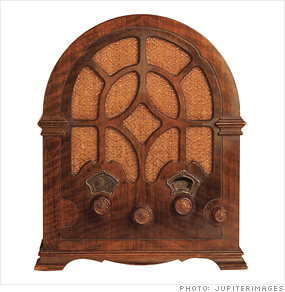 The radio we are used to is the product of many different changes in the purpose of the radio over many years. When the radio was first invented it was not used to broadcast information, it was used to help navigate at sea. During Wilson’s first term as president, radio became a public phenomenon. When radio became available to the citizens of the United States, anyone could set up shop and broadcast what they wanted to. This is similar to the Twitter phenomenon today. Anybody can sign up and “tweet” their thoughts. Eventually, unspoken rules came to help control the outbreak of unofficial radio stations. The most important of these rules was also a growing concern: don’t interfere with broadcasts done by official radio stations.
The radio we are used to is the product of many different changes in the purpose of the radio over many years. When the radio was first invented it was not used to broadcast information, it was used to help navigate at sea. During Wilson’s first term as president, radio became a public phenomenon. When radio became available to the citizens of the United States, anyone could set up shop and broadcast what they wanted to. This is similar to the Twitter phenomenon today. Anybody can sign up and “tweet” their thoughts. Eventually, unspoken rules came to help control the outbreak of unofficial radio stations. The most important of these rules was also a growing concern: don’t interfere with broadcasts done by official radio stations.When Wilson asked Congress for a declaration of war with Germany (thus entering the US into World War I), the government became involved in monitoring radio waves. During the war the government kept a close eye on what kind of messages were being broadcast, and put restrictions on who was allowed to broadcast. This effectively put a stop to the copious amounts of private radio stations in the country. After the war, radio became more widely recognized. Music became a popular form of radio content in addition to talk and news. Wilson used radio to broadcast his speech about the importance of Armistice Day in 1923. Like today, radio helped to broadcast new music so people could hear new songs without spending money on a record. In fact, the radio’s rise in popularity during the 1920s is said to have helped with the rise in popularity of jazz music!
What do you think will be next in the evolution of the radio? We would love to hear your ideas!
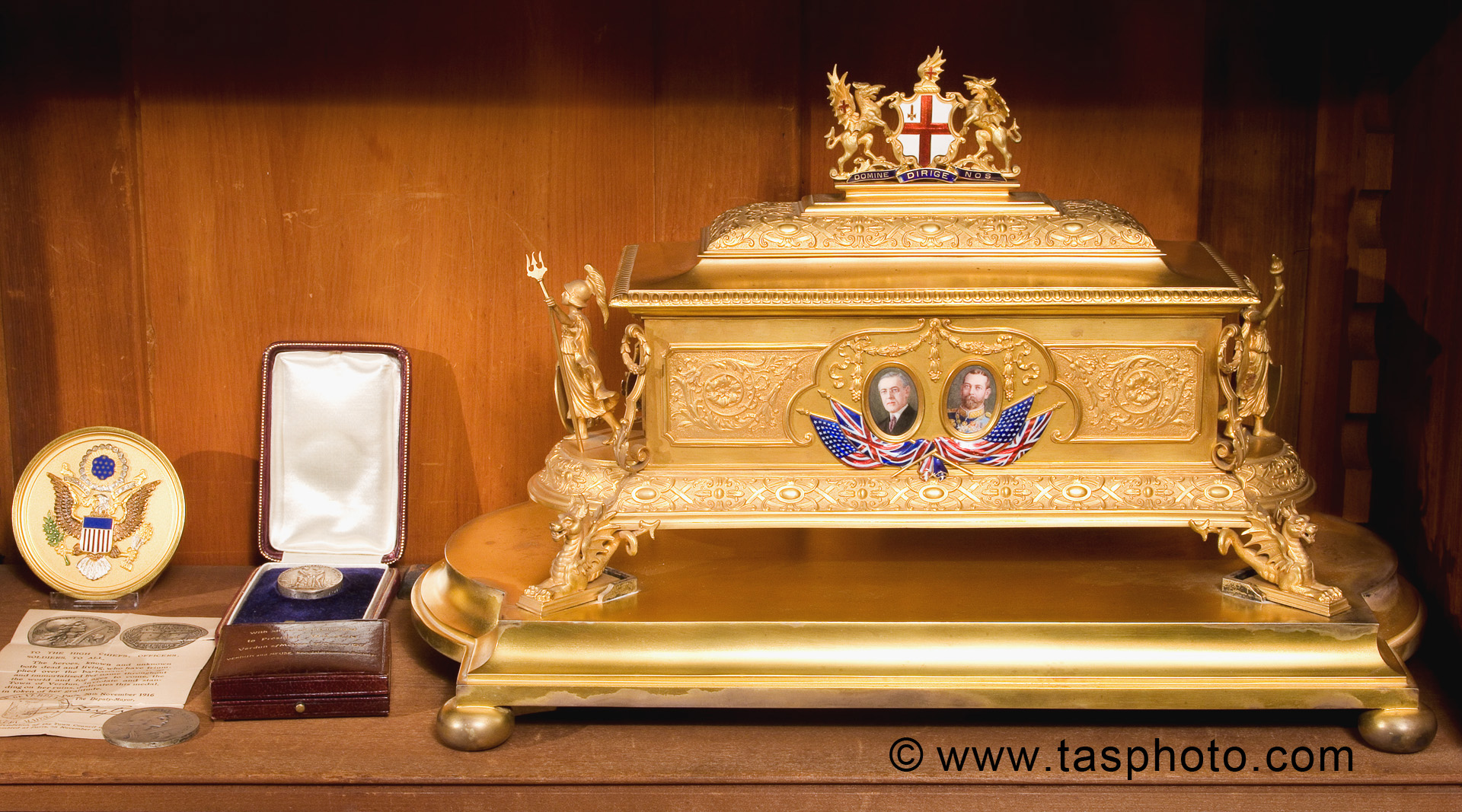
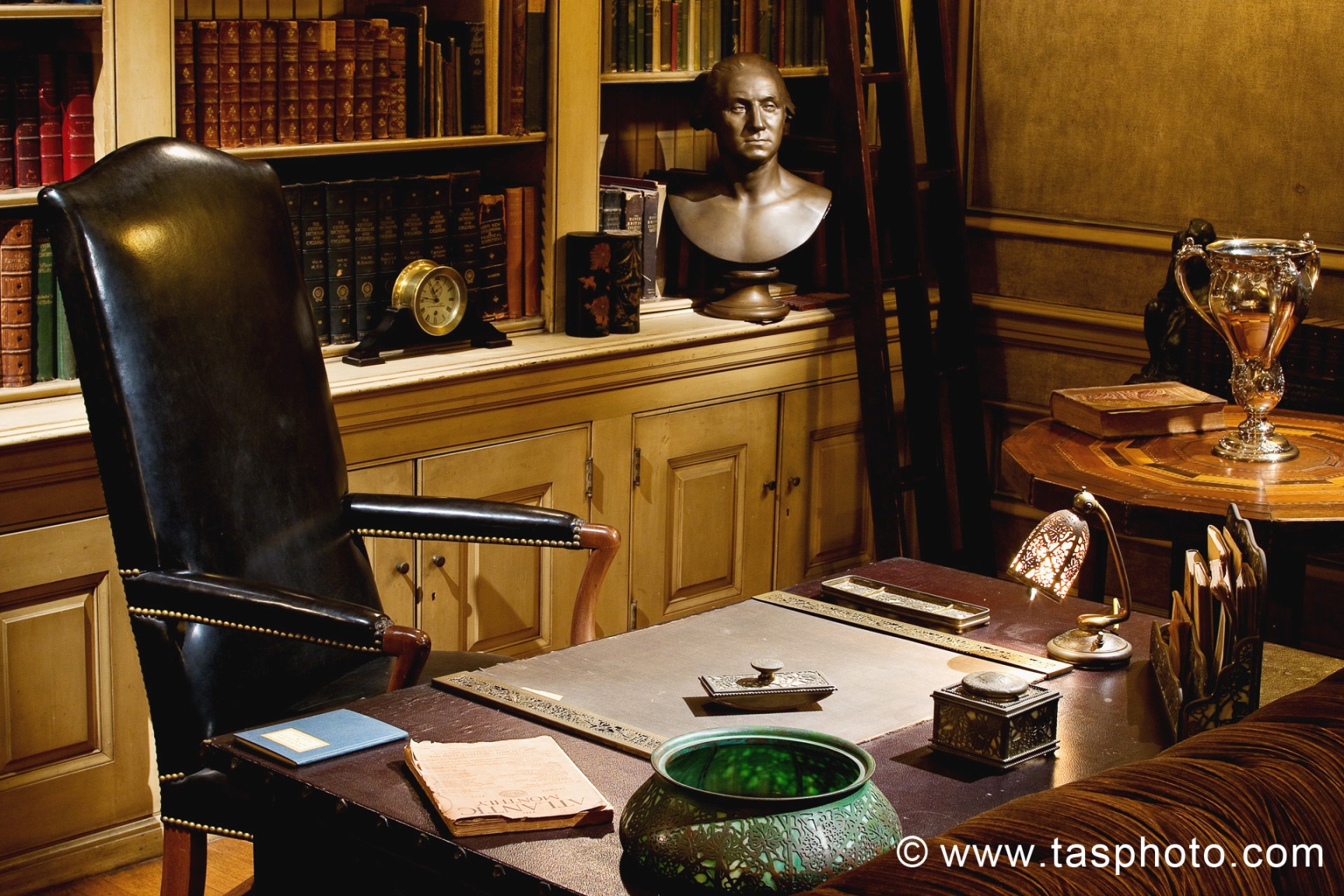

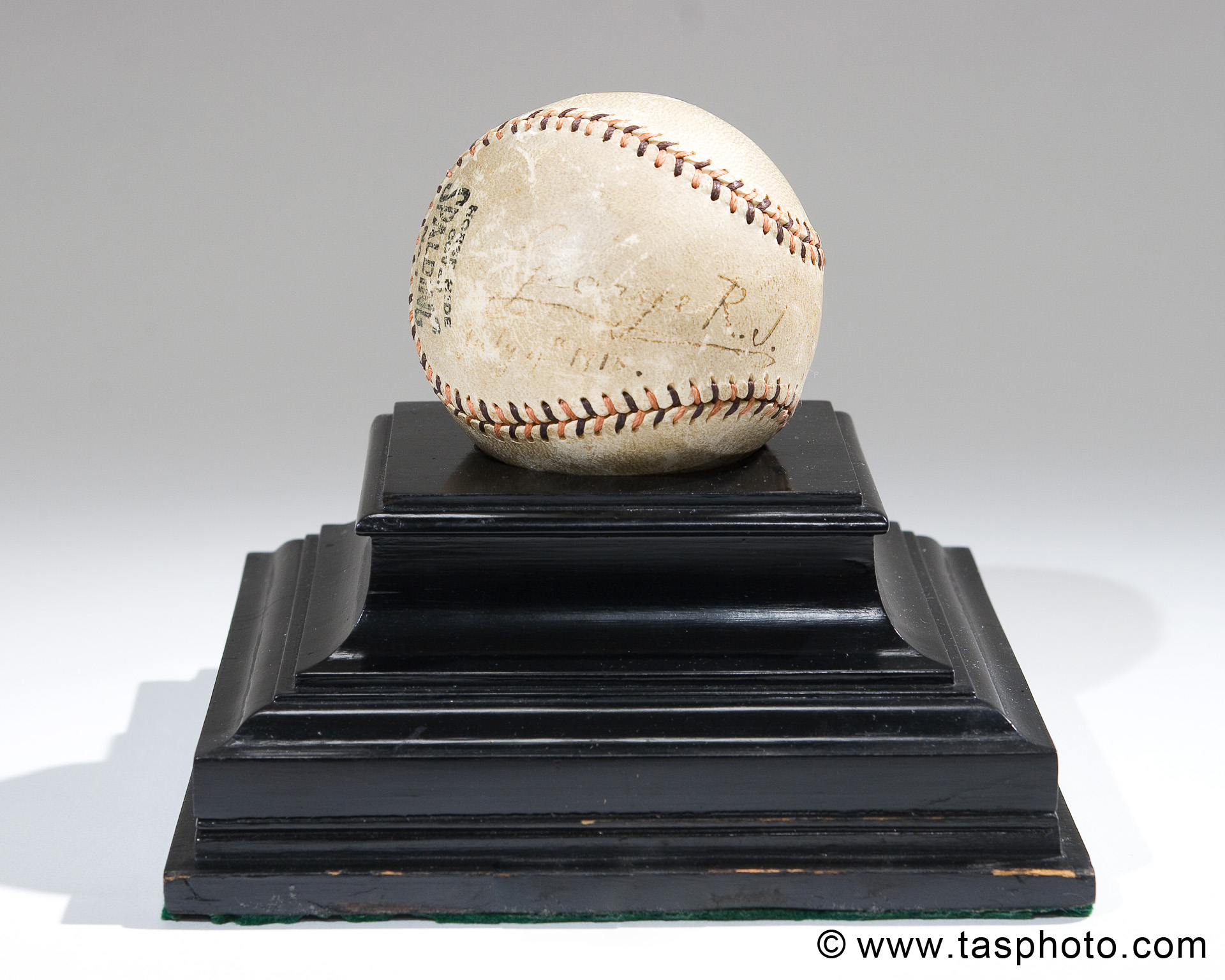
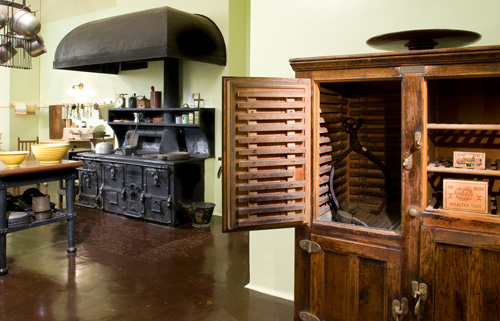
No comments :
Post a Comment